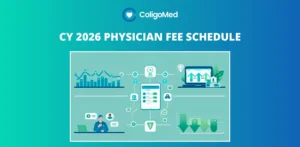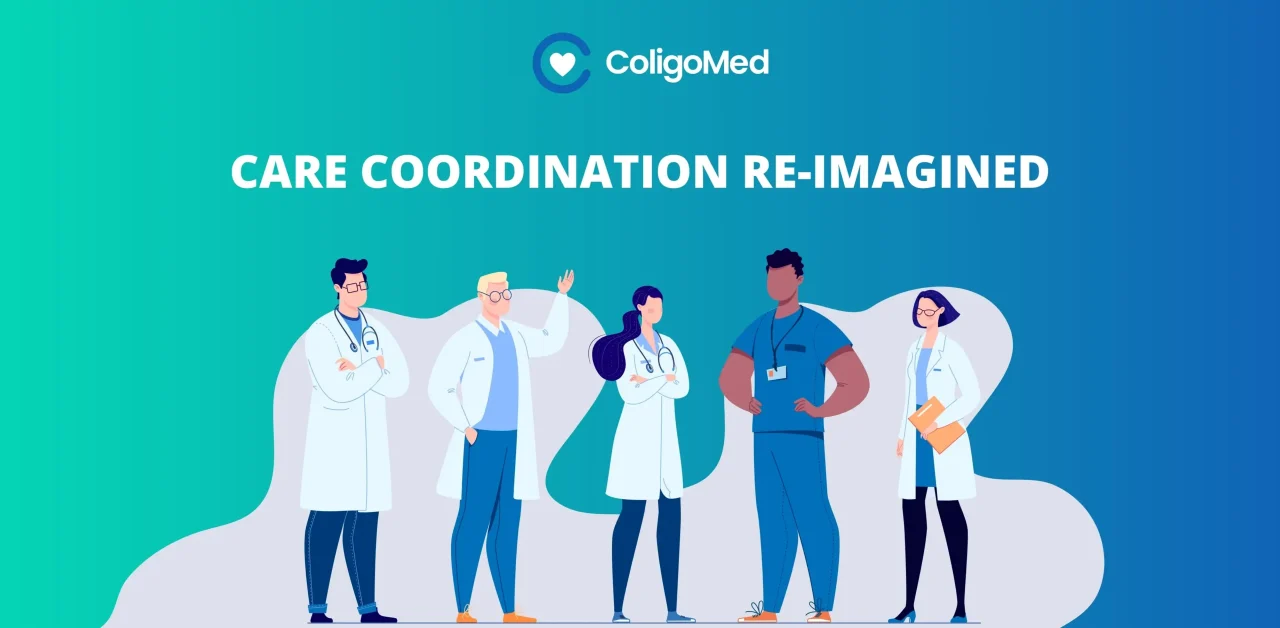The U.S. is projected to face a shortage of over 85,000 physicians by 2036. By 2026, there could be a gap of up to 3.2 million healthcare workers, including a shortfall of about 73,000 nursing assistants by 2028.
- Aging Workforce and Burnout: A significant portion of the current workforce is nearing retirement age, particularly among nurses and primary care clinicians. Burnout, driven by long hours, administrative burden, and emotional stress, is causing many to leave the profession early, further straining the system
- Systemic Strain: The shortage leads to longer wait times, reduced access to care, increased reliance on expensive emergency services, and higher costs. Hospitals are increasingly dependent on costly temporary staff, and half of rural hospitals are operating at a loss, risking further closures and clinician flight.
As AI impact on healthcare continues to grow, AI-powered platforms will not only enhance patient care but also drive innovation, making healthcare smarter, faster, and more efficient. AI-based care coordination can bring the much needed relief to the gaps in care delivery and patient engagement. 3 major shifts that ColigoMed is driving in collaboration with providers are detailed below.
Agentic AI based workflows reduce provider burden
Agentic AI is revolutionizing care coordination by introducing autonomous, adaptive agents that streamline workflows, enhance communication, and proactively manage patient care across fragmented healthcare systems
Agentic AI Functions in Care Coordination
| Function | Description |
|---|---|
| Data Summarization | Aggregates patient data from multiple systems for a comprehensive view. |
| Workflow Automation | Automates scheduling, documentation, and routine follow-ups. |
| Risk Prediction | Identifies high-risk patients and care gaps using predictive analytics. |
| Collaborative Care | Coordinates communication and care plans across departments and facilities. |
| Personalized Engagement | Delivers tailored reminders and education to patients. |
| Real-Time Insights | Provides actionable, up-to-date information for clinical decision-making. |
Intelligent Alerts based on Pattern Recognition
Large datasets of patient data can be scanned to detect irregularities that can go unnoticed by the human eye. Unlike traditional methods, AI can process vast amounts of data in seconds, offering real-time insights. Early pattern recognition such as sudden spikes, drops, or irregularities with real-time data can be extremely powerful in identifying potential health concerns. AI algorithms can evaluate behavioral patterns, sleep habits, vital signs such as heart rate, oxygen levels, and emotional states and identify stress, anxiety, or mood shifts that may indicate underlying health concerns. Timely medical intervention can be initiated by sending alerts, notifications to the care team members. AI provides ongoing health supervision for patients who need it the most.
Tracking healing progression
AI can track patient healing by analyzing medical history, lifestyle choices, and treatment responses. It can analyze medications, dietary changes, body composition changes and hospitalization history. For patients with chronic conditions, AI platforms ensure continuous monitoring.. It tracks treatment progress, flags potential issues, and recommends adjustments. Doctors receive real-time insights, enabling them to refine treatment plans and prevent complications.
By integrating AI and automation within care coordination, providers can streamline care delivery, reduce delays and costs. AI based platforms like ColigoMed bring precision, efficiency, and proactive care to healthcare. They detect anomalies, manage chronic conditions, monitor real-time data, and enhance treatment personalization and provide a patient-focused experience.
Conclusion
AI-powered care coordination is no longer just an idea for the future — with the upcoming shortage of clinicians and burnout it becomes a necessary tool to scale and achieve outcomes of reduced hospitalizations and improved patient health.
Note: In the next part of this series we will go more into specific use cases and Case studies from ColigoMed.. Stay tuned.
Citations:
- https://www.aha.org/system/files/media/file/2024/11/2025-Health-Care-Workforce-Scan.pdf
- https://www.mckinsey.com/mhi/our-insights/heartbeat-of-health-reimagining-the-healthcare-workforce-of-the-future
- https://nihcm.org/newsletter/rising-healthcare-workforce-shortage
- https://www.updox.com/blog/healthcare-staffing-crisis/
- https://www.rangtech.com/blog/healthcare/what-are-the-healthcare-workforce-challenges-in-2025-in-the-usa
- https://www.who.int/news/item/12-05-2025-nursing-workforce-grows--but-inequities-threaten-global-health-goals
- https://www.alvarezandmarsal.com/thought-leadership/healthcare-workforce-predictions-for-2025
- https://bhw.hrsa.gov/data-research/projecting-health-workforce-supply-demand



